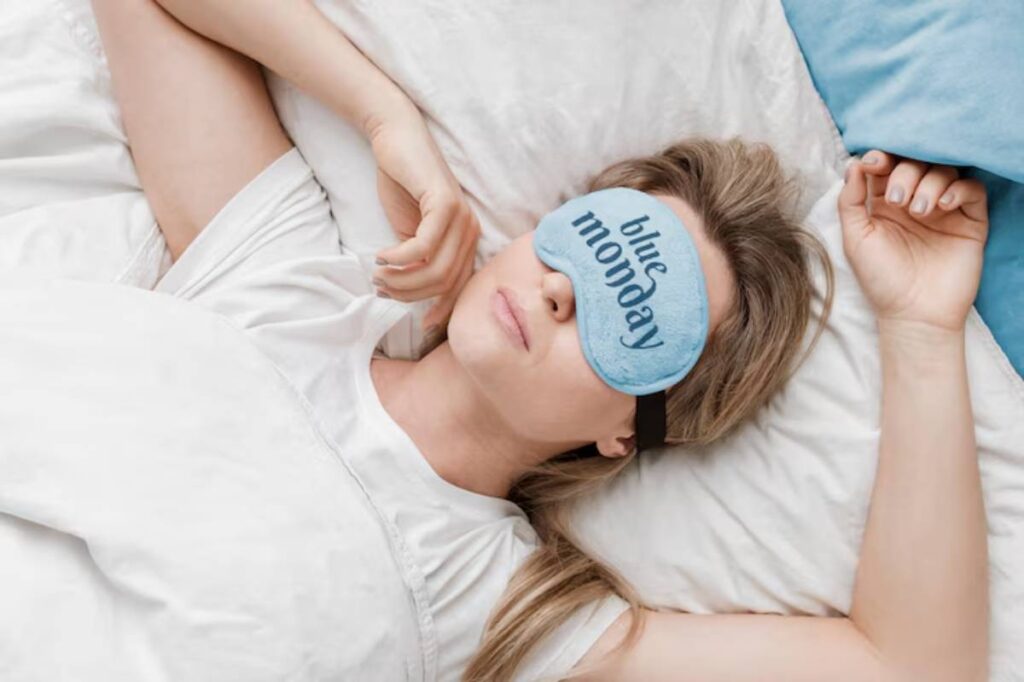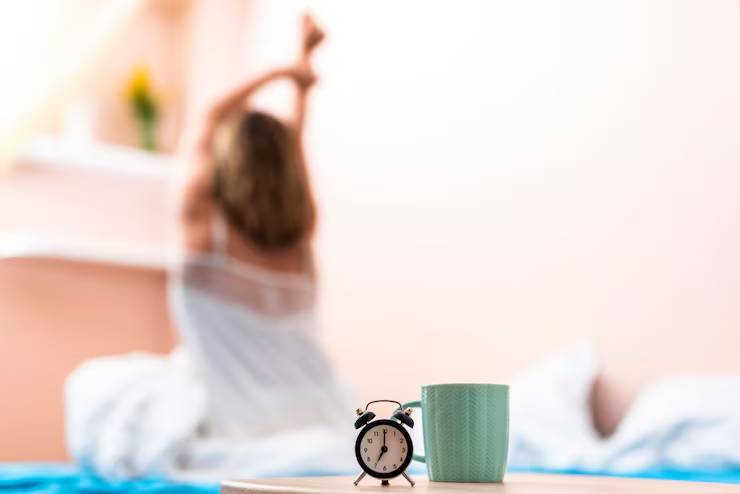The Health Blog

How to Create a Bedtime Routine for Better Sleep
Struggling to fall asleep or stay asleep? You’re not alone. In today’s fast-paced world, restful sleep often takes a backseat to late-night screens, never-ending to-do lists, and stress. But what if the key to better sleep lies not in sleeping pills or expensive gadgets—but in a simple bedtime routine?
By following a personalised and consistent nightly routine, you can naturally train your body and mind to wind down, improve your sleep quality, and wake up feeling refreshed. This guide explores expert-backed tips to help you craft your own routine, tailored to your life and needs.
Understanding the Core: Why a Bedtime Routine Matters

Sleep doesn’t just happen the moment you close your eyes. Your body needs cues and consistency to recognise it’s time to rest. This is where a bedtime routine comes in—it tells your brain to shift from alert mode to sleep mode, gradually reducing cortisol and increasing melatonin.
Without one, your body remains overstimulated, delaying sleep and disrupting your natural circadian rhythm. A good routine helps:
- Reduce anxiety and racing thoughts before bed
- Signal your body that it’s time to wind down
- Improve sleep quality
- Encourage deeper, more restorative sleep
Pro Tip: Don’t obsess over falling asleep. Focusing too hard on sleep can increase anxiety. If you’re not asleep in 20 minutes, get up, do something quiet (no screens!), then return to bed when sleepy.
Quick Guide: Summary of Key Steps
- Set a consistent sleep and wake time
- Limit screens and blue light exposure 1–2 hours before bed
- Create a calm, clutter-free sleep environment
- Practice a soothing wind-down ritual (reading, journaling, stretching)
- Avoid heavy meals, caffeine, and alcohol before bedtime
- Use natural cues like dimmed lighting or herbal tea
- Track your sleep patterns and adjust as needed
Important Tip: Don’t confuse tiredness with sleep readiness. You might feel exhausted but mentally wired—especially if you’ve been on devices or had caffeine late in the day.
Step-by-Step Guide: How to Practise Your Bedtime Routine

1. Choose a Regular Sleep Schedule
Try to go to bed and wake up at the same time every day—even on weekends. This helps regulate your internal clock, making it easier to fall asleep naturally.
Pro Tip: Use your phone’s alarm not just to wake up, but also to signal your wind-down time each night.
2. Limit Screen Time Before Bed
Blue light from phones, TVs, and tablets suppresses melatonin production. Aim to stop using electronics at least 60–90 minutes before sleep.
- Try swapping screen time with a physical book or audiobook
- Use night mode settings or blue-light-blocking glasses if needed
3. Set Up a Sleep-Inducing Environment
Your bedroom should be a sanctuary for sleep. Ensure it’s:
- Cool (16–19°C is ideal)
- Dark (use blackout curtains or eye masks)
- Quiet (white noise or earplugs can help)
- Comfortable (invest in supportive pillows and breathable bedding)
4. Create a Wind-Down Ritual
Doing the same relaxing activities each night helps cue your body for rest. Ideas include:
- Light stretching or yoga for better sleep
- Writing in a gratitude or worry journal
- Listening to calming music or a guided meditation
- Taking a warm bath
Important Note: Avoid anything stimulating, such as intense exercise, work emails, or emotionally charged conversations during this time.
5. Avoid Sleep Disruptors
In the 2–3 hours before bed, steer clear of:
- Caffeine (found in coffee, tea, chocolate, and fizzy drinks)
- Heavy meals and spicy food
- Alcohol, which can fragment your sleep later in the night
6. Use Natural Sleep Cues
Your body responds to routine and sensory cues:
- Dim the lights an hour before bed to encourage melatonin production
- Sip on chamomile or lavender tea
- Try calming scents like essential oils (lavender, cedarwood, ylang-ylang)
- Listen to white noise or sleep stories
7. Track and Adjust
Use a sleep journal or app to track patterns. Ask:
- How long did it take to fall asleep?
- How many times did you wake up?
- How did you feel in the morning?
Make gentle adjustments as you learn what works best for your body.
Best Practices & Additional Insights

- Keep your routine realistic and sustainable—start with just 2–3 changes
- Get morning sunlight exposure to strengthen your circadian rhythm
- Use habit stacking: link your wind-down activities to habits you already have (e.g., journaling right after brushing your teeth)
- Pair your routine with light daily movement or evening walks
Looking to optimise your bedroom further? Check out our guide on how to maximise natural light with smart additions.
FAQs
What time should I start my bedtime routine?
Ideally, 60–90 minutes before your target sleep time. If you want to be asleep by 10:30 p.m., start winding down by 9:00 p.m.
How long does it take for a bedtime routine to work?
On average, it takes 2–3 weeks of consistency to see noticeable results.
Can kids use a bedtime routine too?
Absolutely. Routines are even more effective for children. Structure and repetition help their brains associate certain actions with sleep.
Should I use sleep apps or trackers?
They can be helpful, but don’t let them stress you. Use them as a guide—not a judgment.
Conclusion
Creating a bedtime routine for better sleep isn’t about strict rules—it’s about making small, repeatable changes that signal to your body that it’s time to rest. With a little patience and consistency, you’ll transform your nights from restless to restful.
Ready to sleep better, starting tonight? Pick one tip and try it today. You’ll be surprised how even one habit can make a difference.
Looking for more holistic wellness tips? Read our guide on morning rituals that energise your day.









